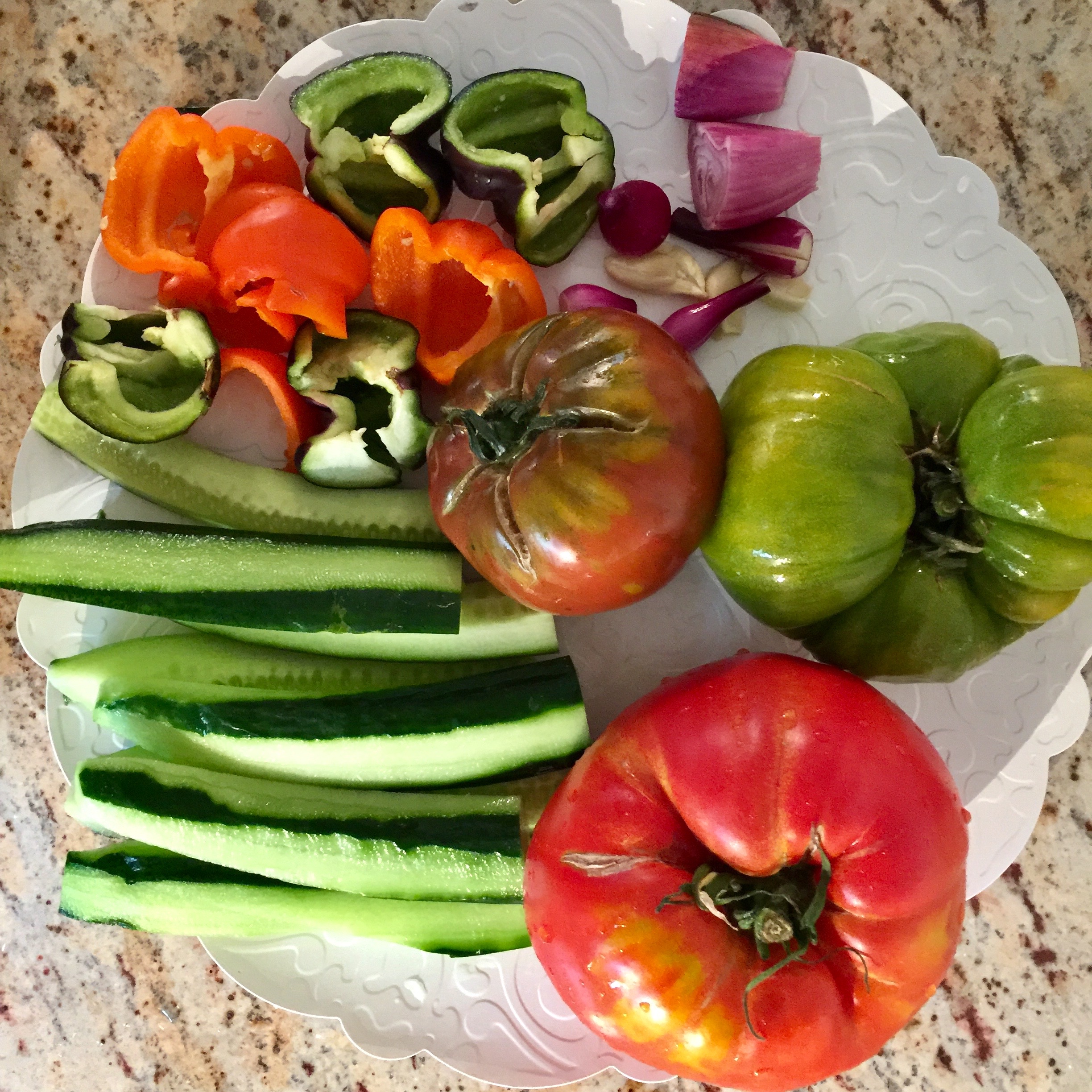Maintaining proper hygiene when consuming fruits and vegetables is essential to minimise exposure to harmful substances and pathogens. This short article explains hygiene and effective cleaning methods, and the implications of peeling produce. Washing Fruits and VegetablesThoroughly washing fruit and veg under running water is a fundamental step in reducing dirt, bacteria, and some pesticide […]
Étiquette : fruits
In season: February
Some of us may start to feel bored with winter food (me!), but look, the days are getting longer and here and there hide the first signs of Spring. Plus, February is the peak season for delicious fruits and vegetables! Here is a local selection valid for the UK and most northern Europe countries. VegetablesBrussel […]
No, you don’t need a detox
Happy New Year my dear readers! I wish you all the best in 2024, and in particular good health and love. This is January, many wellness influencers and magazines are rubbing their hands. They tell you that you had too much food, too many drinks, not enough exercise in the past couple weeks and that […]
Alternatives to berries
Berries are not only delicious but also packed with health benefits due to their rich nutritional content. They are among the most antioxidant-rich fruits available. Low in calories and high in dietary fibre, berries are also good sources of essential vitamins and minerals, including vitamin C, vitamin K, vitamin A, potassium, and folate. We are […]
I’m thrilled to welcome the arrival of blackberry season. These plump and juicy gems not only tantalise our taste buds but also offer a host of health benefits that make them a must-add to your summer menu. Let’s explore the scientific evidence that highlights the remarkable health advantages of indulging in these seasonal delights. Antioxidant […]
Perhaps you came across this research in the news: adding milk to coffee would increase the anti-inflammatory effects of the later. The study is called Phenolic Acid–Amino Acid Adducts Exert Distinct Immunomodulatory Effects in Macrophages Compared to Parent Phenolic Acids – yes it is a bit cryptic! The study looks at how the amino acids […]
Green or ripe: how do you like your banana?
We usually eat bananas when they are yellow, that is when they start to ripe. Green bananas and yellow, ripe bananas have distinct health effects, that you may be interested to know. Green banana for your gut Unripe, green banana have the highest proportion of resistant starch, a form of carbohydrate that acts like a […]
What exactly is the Mediterranean diet?

Perhaps you are reading this while in lockdown, and perhaps, just like me, you sometimes dream of holidays by the Mediterranean Sea… In my dreams, there are not only the blissful beaches bathed with crystal clear water, there is also the Mediterranean food: juicy tomatoes, plump aubergines, oriental meze, pasta of all shapes, a board […]
In season: April
Spring is finally here! A weird Spring for sure, for many of us are quarantined because of coronavirus. While we are social distancing, nature is bursting and brings delicious fruit and vegetables to our table. Sourcing fresh fruit and vegetables can be tricky these days. Remember that tinned and frozen are valid alternatives. Frozen and […]